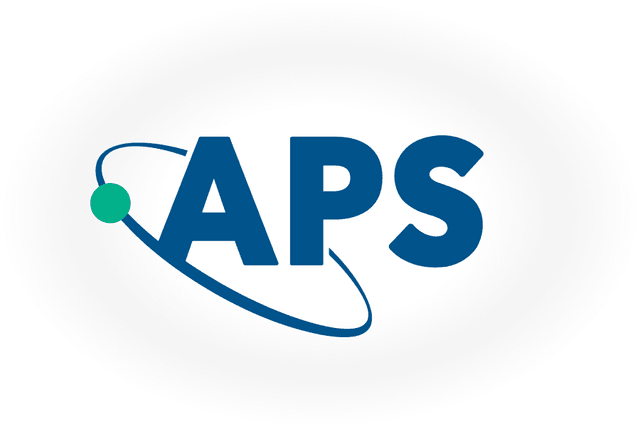Publication Practices
The APS Guidelines for Professional Conduct state that authorship should be limited to those who have made a significant contribution to the concept, design, execution or interpretation of the research study. All those who have made significant contributions should be offered the opportunity to be listed as authors. Other individuals who have contributed to the study should be acknowledged, but not identified as authors. The sources of financial support for the project should be disclosed.
Plagiarism constitutes unethical scientific behavior and is never acceptable. Proper acknowledgement of the work of others used in a research project must always be given. Further, it is the obligation of each author to provide prompt retractions or corrections of errors in published works.
The case studies in this section are designed to explore some of the subtleties that may arise in the application of these standards.


